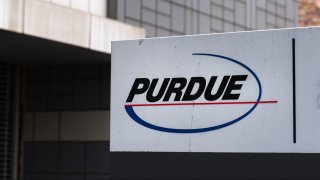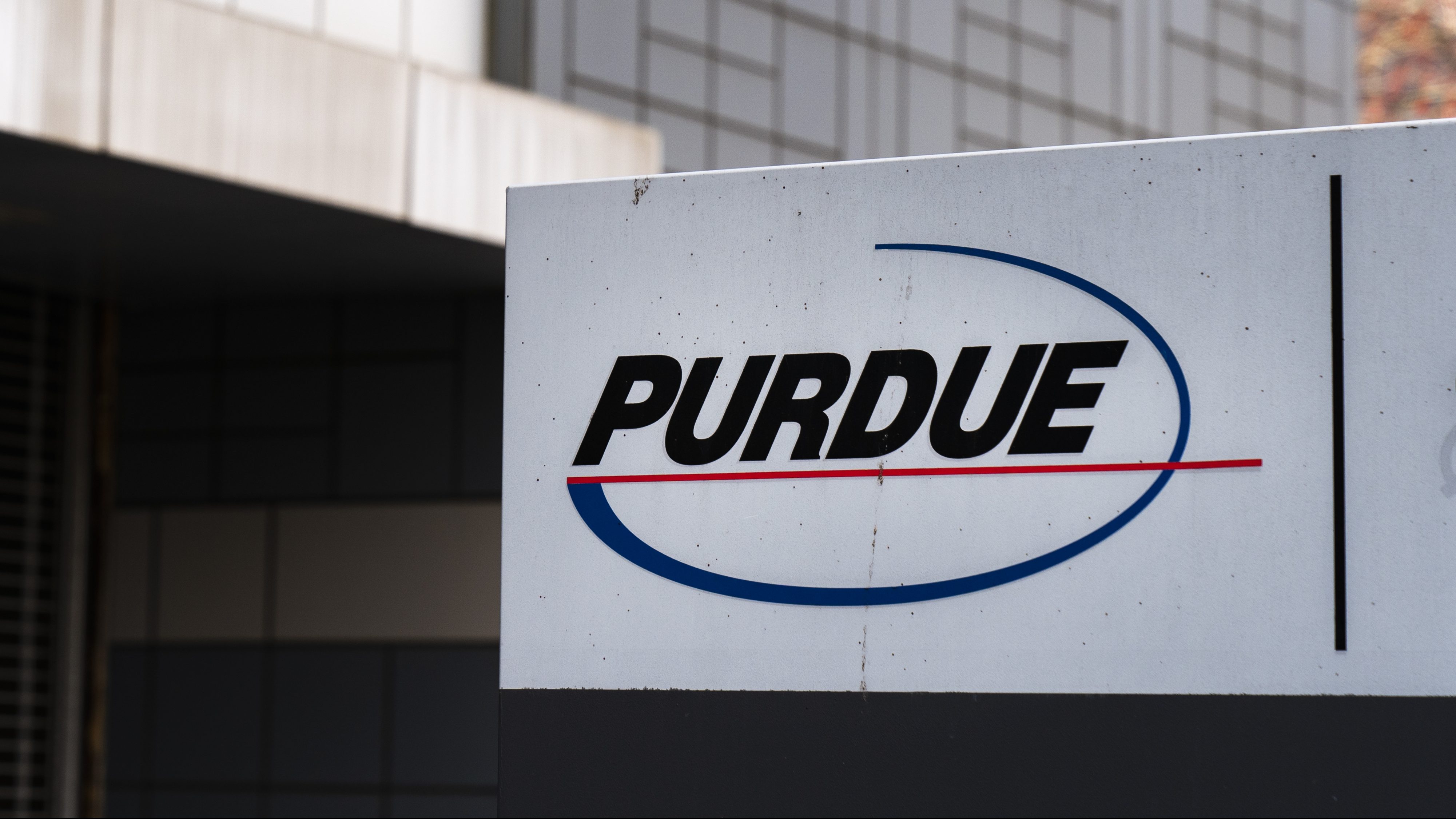
Massachusetts Attorney General Maura Healey announced Thursday that, with the resolution of her lawsuit against members of the Sackler family and their company, Purdue Pharma, she will make public tens of millions of documents related to their role in the opioid crisis, and require a payment of more than $4.3 billion over the next nine years.
Purdue Pharma will also be required to wind down its business or sell by 2024. The resolution bans the Sacklers from the opioid business and requires that control of family foundations be turned over to an independent trustee to be used to address the opioid epidemic.
"Purdue is gone. In 2024, it is wound down, gone," Healey said Thursday. "It will cease to exist."
Healey said she could not get members of the Sackler family to apologize for its role in the opioid epidemic, but she noted that they would be paying for the devastation for years to come.
Get Boston local news, weather forecasts, lifestyle and entertainment stories to your inbox. Sign up for NBC Boston’s newsletters.
The Sackler family name will also be taken off buildings, including hospitals and museums — Harvard has a museum named for Arthur M. Sackler.
"The public will witness the most significant disclosures in any case ever, including every piece of evidence Purdue has produced about its opioid business in the last 20 years -- tens of millions of documents that have never been seen before, never been turned over," she said at a virtual news conference.
Healey, joined by Gov. Charlie Baker and families that were affected by the crisis, will speak again about the resolution of the state's lawsuit later Thursday.
“While I know this resolution does not bring back loved ones or undo the evil of what the Sacklers did, forcing them to turn over their secrets by providing all the documents, forcing them to repay billions, forcing the Sacklers out of the opioid business, and shutting down Purdue will help stop anything like this from ever happening again," Healey said in a statement.
In 2019, when Purdue filed for bankruptcy announcing a $10 billion settlement with 24 states, Healey opposed the deal because she felt the family had not put up some of its own personal fortune.
"It took tremendous courage on the part of the attorney general and her staff to say no," Baker said.
Baker slammed the Sacklers, saying they acknowledged the crisis back in 2007, then doubled down on their wrongdoing, benefiting from the silence and shame that prevented families from speaking publicly back then.
"What was a crisis became a national catastrophe," he said.
Families are speaking out now. Cheryl Juaire started the support group "Team Sharing" after losing her son to an opioid overdose in 2011.
"And less than two weeks ago, I lost my second son, Sean," Juaire said.
Roger Burnell lost his 26-year-old son Brent to an overdose in 2016.
"Today, I'm not standing here to celebrate a victory, because for our families, there can be no victory," he said.
Healey's resolution of the lawsuit, which was filed in bankruptcy court on Wednesday night and is subject to approval, requires Purdue and the Sacklers to make public more than 30 million documents that reveal the role Purdue and the Sacklers played in the opioid crisis.
Those documents including attorney-client privileged communications about the original FDA approval of OxyContin and tactics to promote opioids. It also requires the Sacklers to make one of the largest payments that individuals have paid to resolve a law enforcement action in U.S. history.
Healey said all of the money will go toward treatment and care; Massachusetts is expected to receive an estimated $90 million for abatement of the opioid epidemic. Thousands of individual victims of Purdue’s misconduct will also receive compensation as part of the bankruptcy process.
“The opioid crisis has caused immeasurable harm to families across Massachusetts and Purdue Pharma played a significant role in perpetuating that crisis, and I am grateful that this resolution holds Purdue and the Sackler family accountable,” Baker said in a statement.
Asher Klein contributed to this report.


